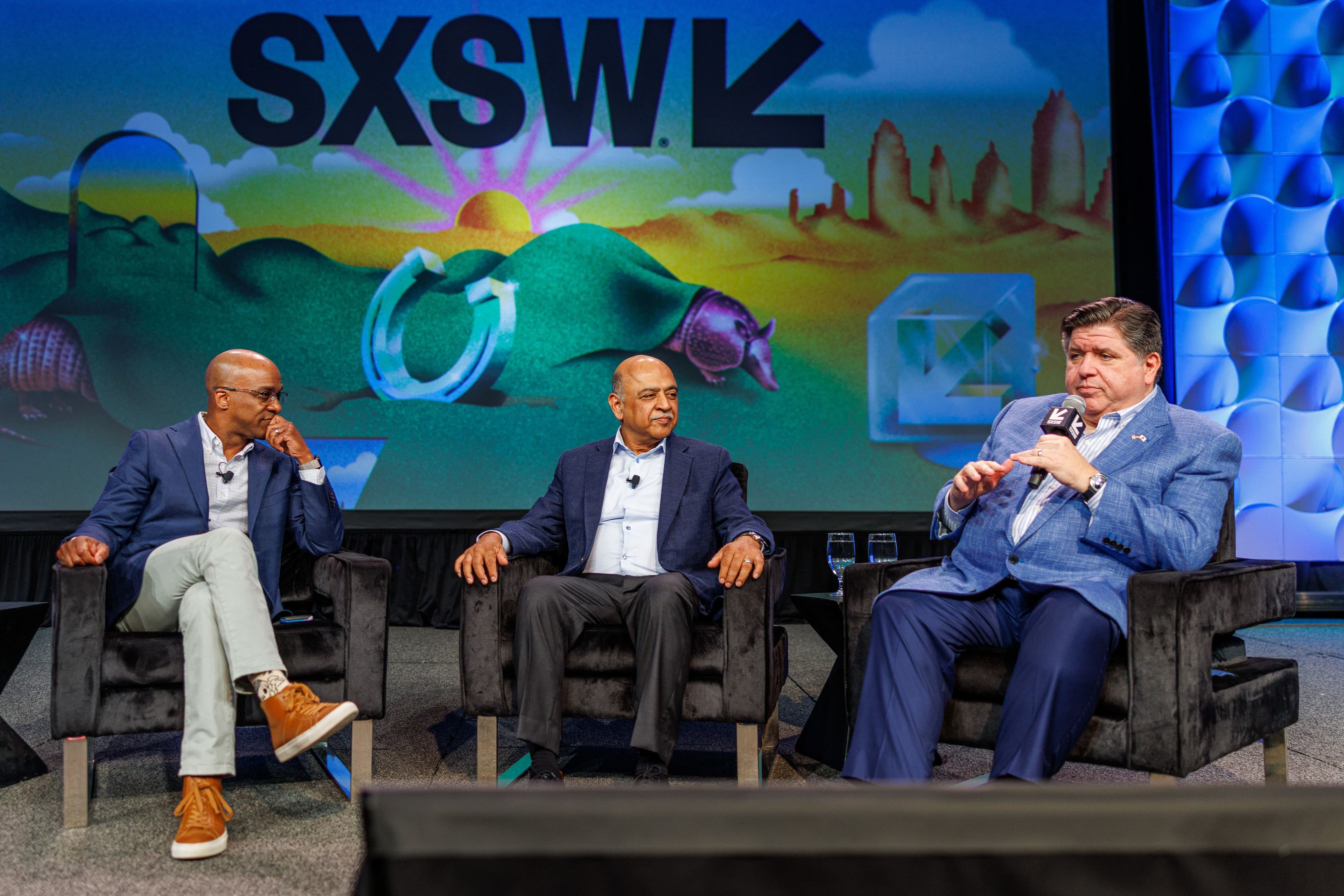What’s Next in AI
is foundation models at scale
AI is revolutionizing how business gets done, but popular models can be costly and are often proprietary. At IBM Research, we’re designing powerful new foundation models and generative AI systems with trust and transparency at their core. We’re working to drastically lower the barrier to entry for AI development, and to do that, we’re committed to an open-source approach to enterprise AI.
Our work
Revolutionizing industries with AI-powered digital twins
Case studyPeter HessIBM’s safety checkers top a new AI benchmark
NewsKim MartineauSimplifying geospatial AI with TerraTorch 1.0
Technical noteRomeo Kienzler, Juan Bernabé-Moreno, Paolo Fraccaro, Bianca Zadrozny, Campbell Watson, Benedikt Blumenstiel, Joao Lucas de Sousa Almeida, Michael Johnston, Christian Pinto, and Michal MuszynskiBeeAI now has multiple agents, and a standardized way for them to talk
ResearchKim MartineauAI and quantum computing: How IBM showed up at SXSW 2025
NewsMike MurphyAI from deep cloud to far-edge: A flawless end-to-end experience
Technical noteSiddhika Nevrekar, Andreas Kuhmichel, Gaurav Garg, Eric Dulkeith, and Rojan Jose- See more of our work on AI
Tools + code
Download Granite on Hugging Face
Explore our family of language, code, time series, and geospatial models.
View project →Try Granite for Free
Chat with a Granite model and learn how it can be used across a variety of applications.
View project →Read Granite Documentation
Learn how to access, run, and start using the Granite family of AI models.
View project →
Publication collections
Topics
- Adversarial Robustness and Privacy
- AI for Asset Management
- AI for Business Automation
- AI for Code
- AI for Supply Chain
- AI Testing
- Automated AI
- Causality
- Computer Vision
- Conversational AI
- Explainable AI
- Fairness, Accountability, Transparency
- Foundation Models
- Generative AI
- Granite
- Human-Centered AI
- Knowledge and Reasoning
- Machine Learning
- Natural Language Processing
- Neuro-symbolic AI
- Speech
- Trustworthy AI
- Trustworthy Generation
- Uncertainty Quantification






